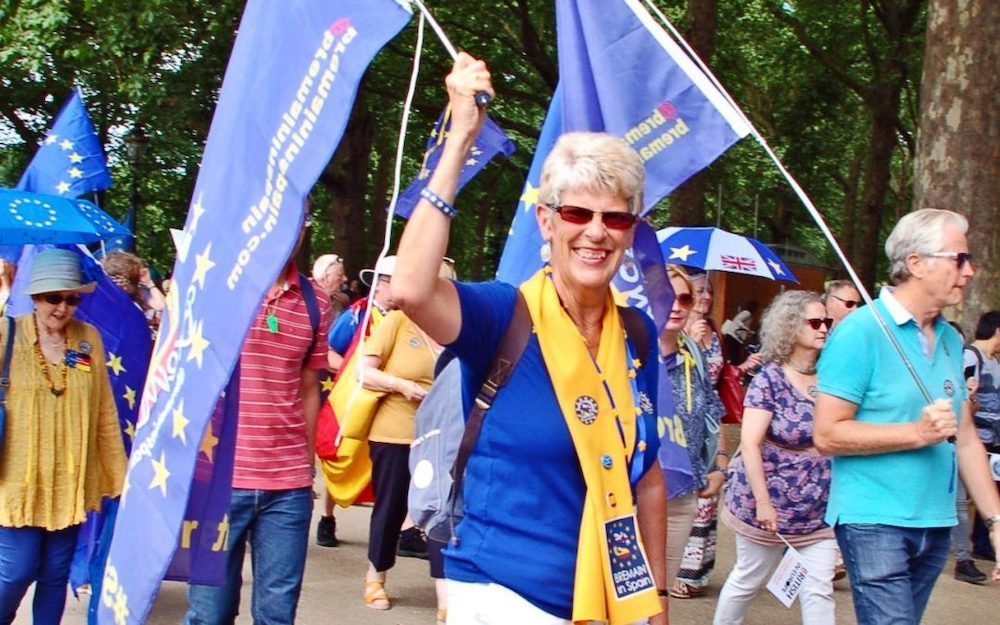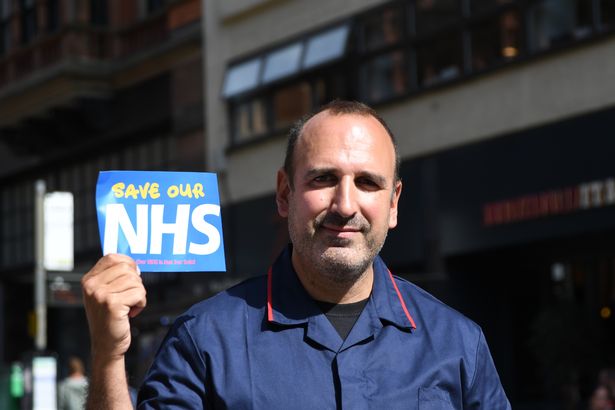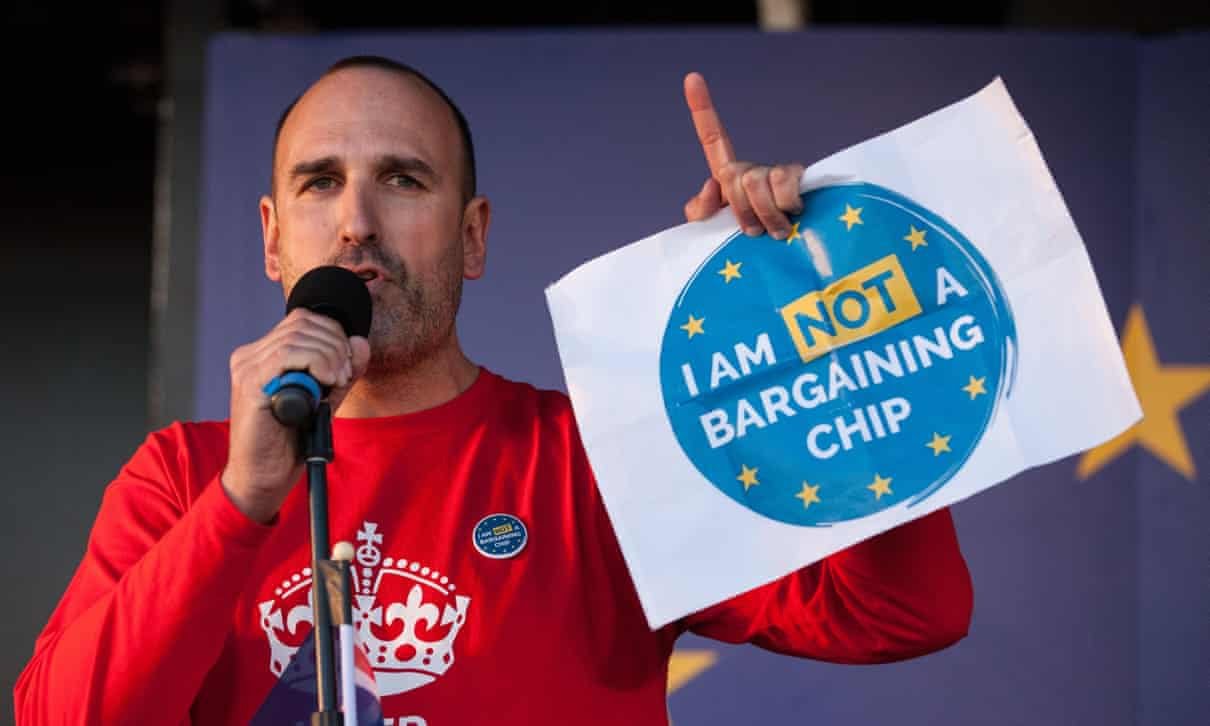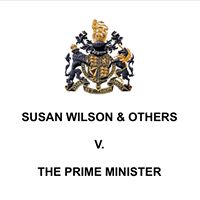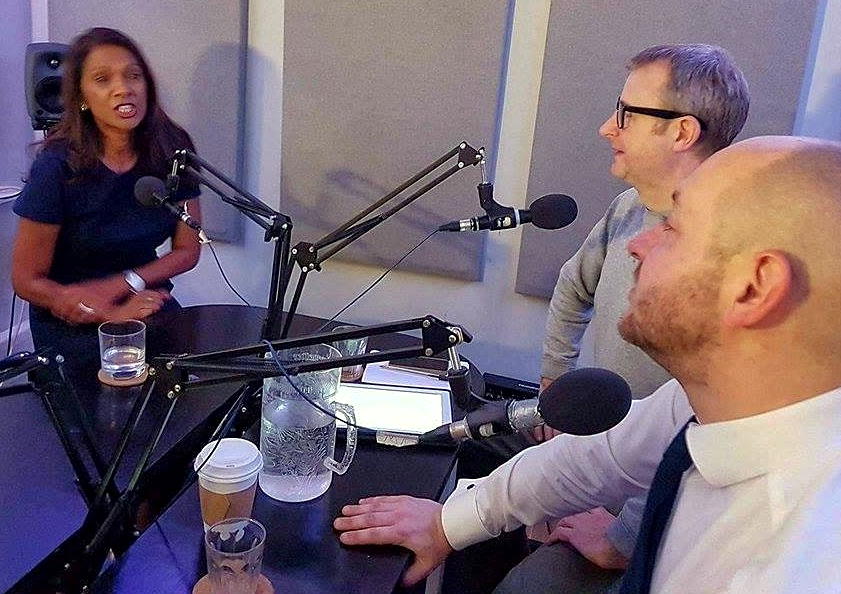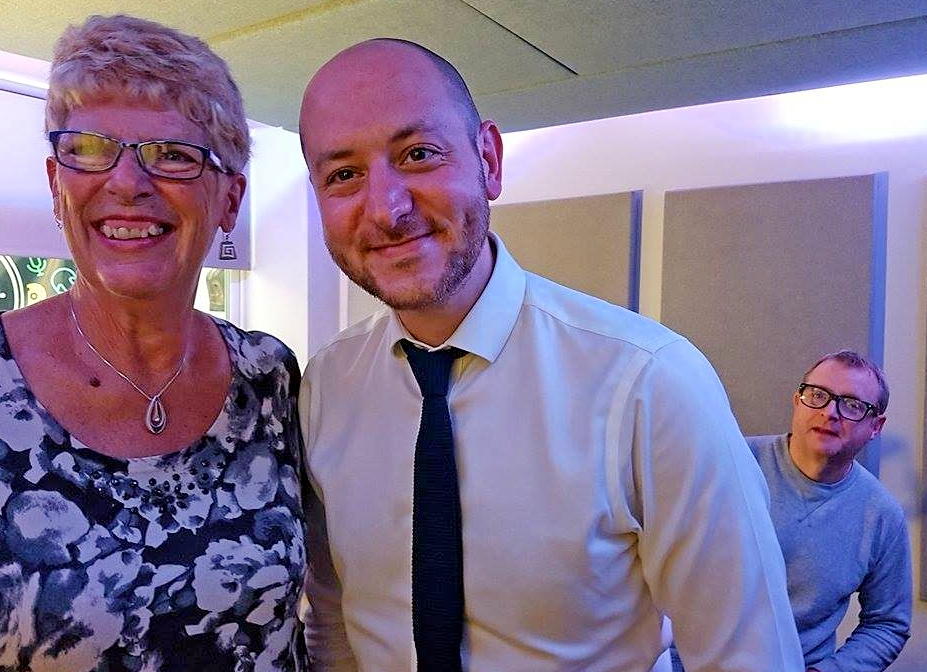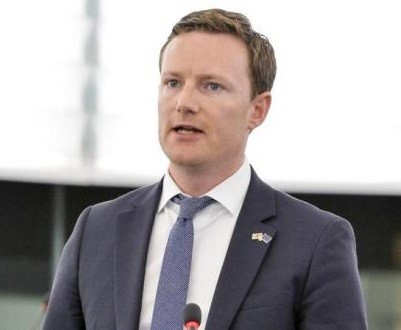
Bremainers ask ……. Jonathan Lis
Jonathan read English at the University of Cambridge and then completed a Masters degree in social sciences at the London School of Economics. After a period of teaching – and training to be an actor – he went to work for an MEP at the European Parliament in 2012, focusing on foreign affairs and human rights. His particular areas of focus were EU enlargement, engagement with the Balkans and post-conflict resolution, and the Western Sahara. He then worked at the Unrepresented Nations and People’s Organisation, where he advocated for, among others, anti-slavery activists in Mauritania, the Uyghurs, and the people of Abkhazia. In 2015 he returned to Britain and began working on the campaign to remain in the EU, writing a report on Brexit and the Commonwealth. After the referendum, he became Deputy Director of the think tank and campaign group British Influence, working for a soft Brexit, then a referendum, and now the closest possible engagement with the EU. He has published almost 200 comment pieces for, among others, the Guardian, Prospect and Washington Post, and regularly appears as a political commentator on broadcasters including the BBC, Sky, Al Jazeera and LBC.
How soon could the UK realistically re-join the EU, and do you think there will be an appetite in the country to make that happen?
I would love this as much as all of you, and even in the days after the general election I thought there could be a new movement to rejoin. That quickly proved unrealistic. Rejoining is at least a decade away and probably longer. Brexit must fail and be seen to fail, and even if it does, there’s no guarantee of a public appetite to rejoin. People accept the status quo, move on and don’t necessarily want to refight old battles. Certainly, there’d be no chance whatsoever if a future government had to commit to join the euro or Schengen. We also don’t know how the EU will look or think in a few years’ time. The virus has demonstrated that the world is completely unpredictable, and events are out of our control: things can turn on their head in a matter of weeks or months. Having said all that, the work to prepare for that movement needs to start now, and in fact already has. If and when there is a space in British politics to rejoin the EU, we need to be able to hit the ground running. The public may also be a lot more pro-European than they are now. Attitudes don’t last forever. There is no reason why the public in the 2030s can’t be as enthusiastic as they were in the 1970s and 80s. So don’t be despondent. Every bit of campaigning and activism now is like an investment for the future – even if it doesn’t always feel like it at the time!
How will Brexit affect you personally, and how do you mitigate against it?
The irony of Brexit is that, in the main, it stands to hurt Leave voters more than Remain voters. People with more money can more easily shoulder higher food prices, for example, and more expensive holidays. If you have a number of qualifications you will still probably be able to work and live in the EU. I am desperately sad about the confiscation of my rights with regard to free movement, but materially and professionally I don’t think my life will change that much. I don’t work in one of the countless goods and services sectors that could be brought to its knees. For me Brexit is emotional and political and about the country as a whole – who we really are, who we want to be and where we are going. This, for me, is the main source of turmoil and sadness. We mitigate it by battling every day for a country and world we can be proud of, in small steps and large. We oppose people with facts, don’t sink to the level of Brexit’s leaders, and treat everyone with kindness and respect. Ultimately, in spite of everything happening in the world, we must never lose sight of our personal happiness and well-being and those of the people we love and care about.

With the passing of the date that would ‘allow’ Britain to extend the transition period, if the U.K Government subsequently asked for an extension, would the EU grant one?
The short answer is yes. My basic argument throughout this process has been that the EU will not throw us off the cliff unless we insist on jumping. The long answer is, it’s not that simple.
You would need to amend the treaty or find some clever legal trick to accomplish the same result. That would meet real reluctance from an EU that has endured quite enough of our nonsense already, but I suspect they would do it. The real problem is that we are led, in Britain, by fundamentalists who see any such extension as wartime surrender. I suspect the most likely outcome is a deal where the UK works very hard to present climbdown as victory, but that won’t involve extending the transition in any formal sense.
Where do pro-European campaigns go from here?
As I said in my earlier answer, we keep on fighting for what we believe in: an open, inclusive, pro-immigration Britain which wants to cooperate and coordinate with our European neighbours economically, culturally and politically. We extol the benefits of harmonising with the EU and, in a broader sense, working as part of a big team. When the government harms the national interest by turning inwards, we oppose it and campaign against it. This is the longest of long games and we act strategically. We don’t call for rejoining now; we show how being in the EU benefits us all and how Brexit is harming us. We lay the seeds and groundwork for a better future and a political movement. Eventually, we hope, the public will realise that we’re better off in. Even if they don’t, we never stop arguing for the Britain we want to see.
After numerous public scandals involving members of the Tory Government, and now with release of the Russian Report, do you think public support will ever say enough is enough?
I absolutely do. The biggest mistake the Tories make is to believe themselves infallible and untouchable. They are not. I said in May that the Cummings scandal could be a turning point, and still think that could prove the case. The government has lost the most valuable currency it has: trust. Once you lose that, it is almost impossible to recover. They now stagger from crisis to crisis in a way unseen since the last few years of John Major’s premiership. Coupled with the leadership of Keir Starmer, who has won broad approval in polling and from the centre-right media, the Tories could be in trouble. You never write them off, of course, and the next few years could be as unpredictable as the last – but if they continue with the current level of complacency and incompetence they could be in for a very rude shock.
What odds would you give for the survival of the Union over the next ten years?
Very low. This story could be as big as Brexit but the Westminster establishment is barely even thinking about it. I think Wales and Northern Ireland will still be in the UK for the foreseeable future, but Scotland has now checked out of the Union emotionally and could well follow politically.

Since 2016 the UK government has disregarded the Scottish government, parliament and people at every turn, making an obscene mockery of the 2014 pre-referendum ‘vow’ that Scotland and its views would be taken seriously. A greater proportion of Scots voted to be a part of the EU than the UK, and a large number of Scots Remainers have now fully thrown in their lot with the independence movement. That is not to say that independence would be easy, and the hard Scottish-English border will be the key issue of any new referendum campaign. But I do think the UK government will have to permit that campaign. The SNP will likely win the 2021 parliamentary elections on a clear manifesto pledge to hold the vote, just as they won the general elections in Scotland in 2019 and 2017. It is hard to see what more the Scottish people have to do to signal their approval for the SNP’s main policy, and – watching what happened in Catalonia – the UK government cannot say no forever.
You worked with the Unrepresented Nations and Peoples Organization, working with marginalised nations and peoples. Did you always want to be involved in human rights and journalism or was it a natural progression?
I have always been fascinated by both human rights and journalism but actually came to both careers by accident. In 2012 I began working on a short-term basis for an MEP who was part of the European Parliament’s Human Rights Committee. That turned into a long-term job and brought me into regular contact with human rights defenders from around the world. I drafted the European Parliament’s report on human rights in the Sahel and Western Sahara, which also brought home how valued the EU was on the international stage. Working for a human rights NGO was the obvious next step after I left the parliament, and if it hadn’t been for Brexit I’d still probably be in that field. I’ve always loved writing, and penned a few opinion blogs years ago, but again fell into journalism mostly by accident. In 2016 and 2017 some publications asked me to write about my work on the single market and post-Brexit foreign policy, and that set me off!
Read Jonathan’s latest article on Boris Johnson in the Byline Times.
Many thanks to Jonathan for taking part.
Our guest for September’s Bremainers Ask feature is philosopher and prominent anti-Brexit campaigner A.C. Grayling. His 2017 book Democracy and Its Crisis examines the threats facing representative democracy today in the light of the election of Donald Trump and the Brexit referendum.

